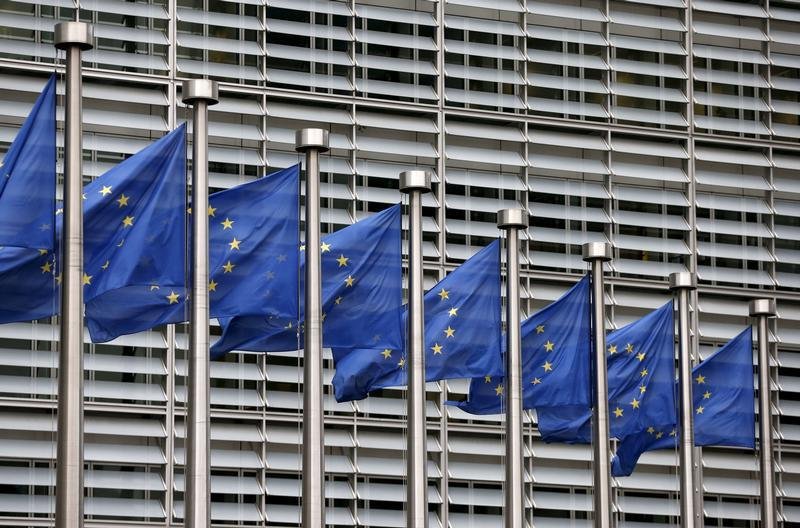The European Union (EU) and its member states should take real efforts to enhance the international justice system, notably by prosecuting crimes under international law at the national level, according to eight human rights organizations today. Member states should broaden the reach of justice by enacting necessary legislation, establishing or reinforcing specialized war crimes units, strengthening inter-state cooperation, and providing greater financial and political support to the International Criminal Court (ICC) and other accountability mechanisms so that they can carry out their mandates impartially.
Amnesty International, the Center for Justice and Accountability (CJA), Civitas Maxima, the European Centre for Constitutional and Human Rights (ECCHR), the International Federation for Human Rights (FIDH), Human Rights Watch, REDRESS, and TRIAL International are among the civil society organizations. The statement was also supported by the Coalition for the International Criminal Court, of which these organizations are members. This statement was published on the occasion of the European Union Day Against Impunity, which will be held in The Hague on May 23, 2022, and is being coordinated by the French presidency of the Council of the EU, in collaboration with the European Commission, the EU Genocide Network, and Eurojust.
Since Russia’s full-fledged invasion of Ukraine in February, EU nations and other governments have attempted to use a variety of accountability instruments to secure the prosecution of grave crimes committed during the conflict. The EU has also said unequivocally that it supports all efforts to secure justice for severe crimes, regardless of where they occur. According to human rights organizations, the European Union and its member states should draw on this extraordinary support for responsibility for crimes perpetrated in Ukraine to promote the cause of justice globally.
In reaction to the crimes in Ukraine, governments and international legal authorities have launched a variety of accountability initiatives. Following the request of a group of ICC member nations, the International Criminal Court (ICC) prosecutor announced the commencement of a formal investigation on March 2. Under the basis of universal jurisdiction, authorities in France, Germany, Lithuania, Poland, and Sweden have launched their own criminal investigations. The UN Human Rights Council decided on March 4 to form an international commission of inquiry to investigate war crimes and human rights violations. The EU has backed all of these procedures for investigating and gathering evidence of war crimes and crimes against humanity in Ukraine.
Following his decision to begin an investigation into Ukraine, the ICC prosecutor urged the court’s member countries to give his office with resources to assist its work in all cases under investigation at the court by voluntary contributions and free employees. Several EU member states have now declared that they will give the court with additional financial and personnel resources that are not covered by the ICC’s normal budget.
Member nations of the International Criminal Court (ICC) should take a principled approach to ensuring that the court has long-term funding and adequate resources in its regular budget to pursue serious crimes efficiently and independently across all of its organs, programs, and activities.
The Rome Statute, the ICC’s founding treaty, is signed by all EU member nations. The EU should try to broaden the court’s jurisdiction by encouraging additional nations, including Ukraine, the United States, Libya, South Sudan, and Sudan, to ratify the treaty and join the ICC. Currently, 123 of the 193 UN member nations are members of the Court. The Rome Statute’s universality would provide legal protection to victims of international crimes all over the world, as well as assist ensure that those guilty for the most heinous crimes cannot escape the reach of the law.
EU nations should guarantee that their police and prosecution agencies are appropriately resourced and manned, as well as that they get continual training to deal with a wide range of ongoing serious offences.
The growing number of universal jurisdiction cases across Europe demonstrates that, with the correct tools, national courts can investigate and prosecute major crimes.” Effective and fair justice for major crimes is possible when suitable laws, enough resources, institutional commitment, and political will are combined.
This year’s EU Day Against Impunity highlights the reality that much more is required to successfully address major human rights breaches all across the world. EU nations should collaborate to expand principled support for accountability for crimes not only in Ukraine, but also in other crises where civilians are subjected to widespread violations.


